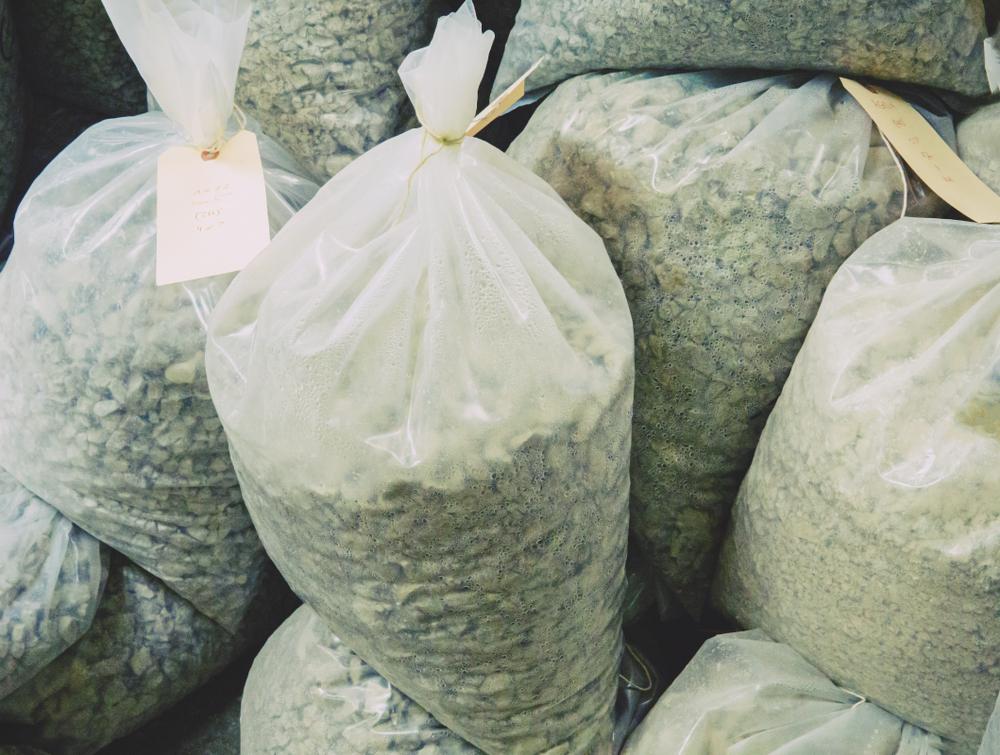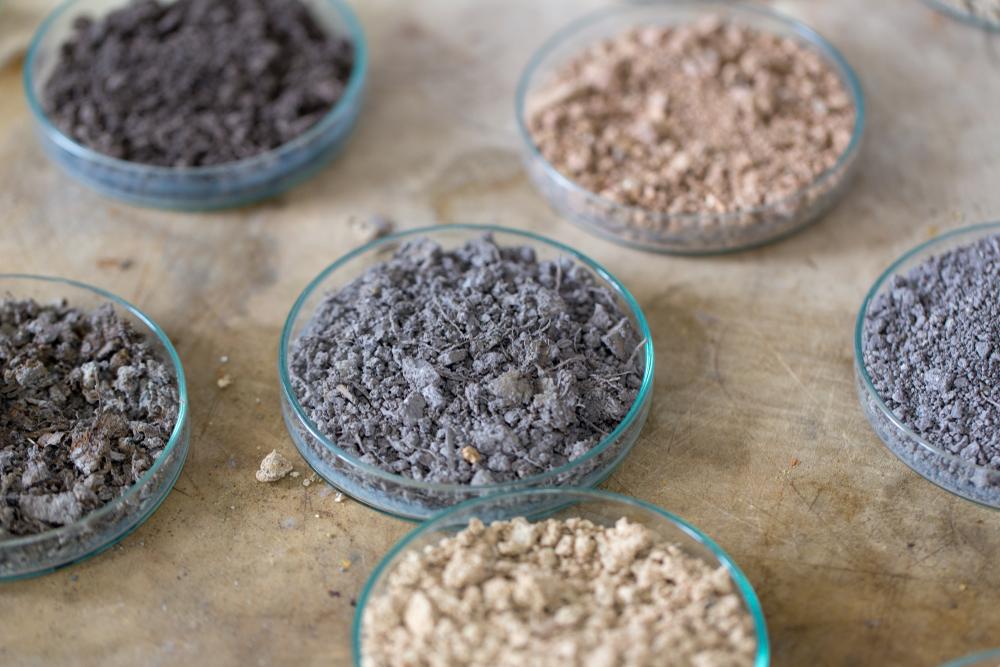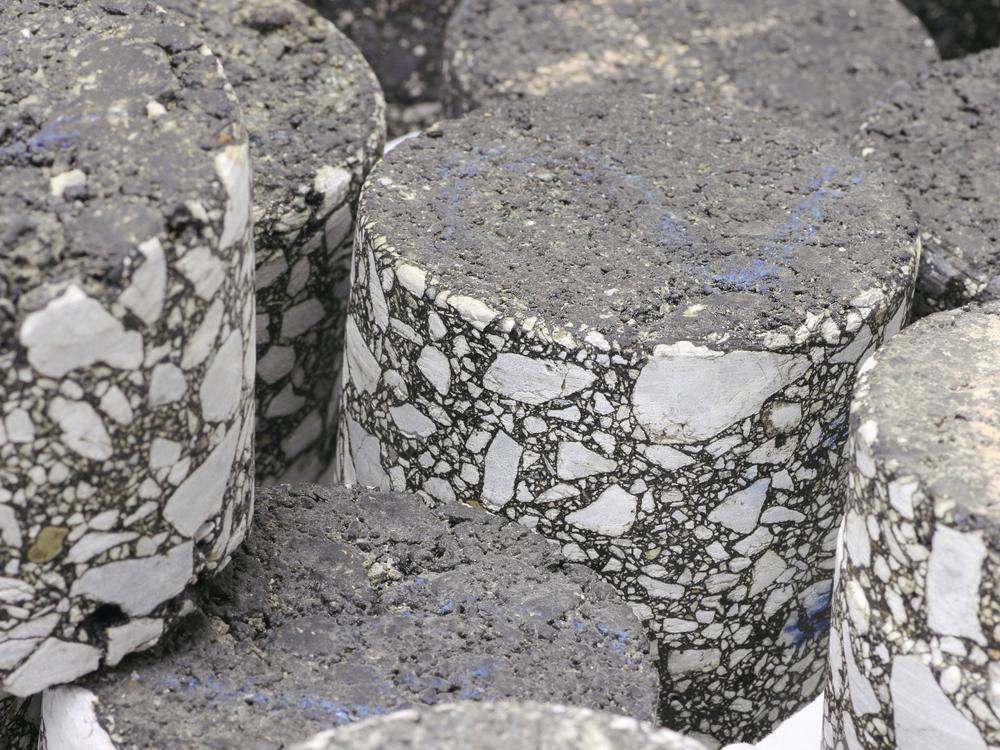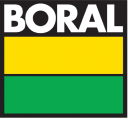We maintain full-service laboratories with research and development capabilities. The Boral Materials Technical Services Laboratory in Sydney (BMTS) is also the largest facility of its kind in Australia, providing special and standard testing and product development services to Boral and our customers.
Chemistry and Cement Laboratories
- The Chemistry and Cement laboratories test and analyse construction materials and conduct environmental monitoring.
- The Chemistry and Cement laboratories are separate, but closely associated and staffed by some of our highest qualified and experienced personnel.
- The Chemistry Laboratory carries out chemical testing and analyses of construction materials, as well as environmental monitoring of quarries, asphalt plants, concrete plants, recycling depots and transport depots with regard to dust emissions and wastewater effluents.
- The laboratory has extensive analytical capabilities covering classical, ISE (ion-selective electrode) and advanced techniques that include:
- ICP-AES (inductively coupled plasma atomic emission spectroscopy)
- XRF (X-ray fluorescence)
- UV/Vis (ultraviolet – visible spectroscopy)
- IR (infrared spectroscopy)
- In addition to standard analyses, the following specialised testing is routinely undertaken:
- Heavy metal analysis of natural and recycled materials
- Chemical analysis of cement
- Cement compliance testing
- Evaluation of curing compounds
- Hardened concrete analysis
- Chloride diffusion in concrete
Aggregates Laboratories

Boral is a major supplier of quarry products and aggregates testing is a core service available from Boral Materials Technical Services. The Aggregates Laboratory offers the full suite of compliance aggregates testing for all applications including concrete, asphalt, rail ballast, filter material and gabion rock.
Specialised capabilities in aggregates strength, abrasion, soundness, adhesion and PAFV testing (Polished Aggregate Friction Value) have been developed over the past 25 years. We also assist in investigating new quarry resources, enabling Boral to maintain an unparalleled “family” of long term, high-quality resources
Soils Laboratories

The core function of the Soils Laboratory is compliance testing and certification of roadbase and sub-base materials. These materials are referred to as pavement materials and can be manufactured using natural products, recycled materials or a combination of both.
The Soils Laboratory offers the full suite of compliance testing required by RMS QA Specification 3051 (Granular Pavement Base and Sub-Base Materials) and all other relevant specifications.
In addition to all standard compaction and classification testing, the Soils Laboratory overs other earthworks assessments including:
- Bearing strength tests (CBR)
- Uniaxial strength tests (UCS, MDCS)
- Direct shear strength tests (60, 100 and 300 mm shear boxes)
- Triaxial strength tests (Modified Texas Triaxial)
- Permeability tests (constant and falling head)
In recent years, the Soils Laboratory has been undertaking extensive research and development programs to ensure Boral recycled materials are a viable option for the production of specific pavement materials.
Concrete Laboratory

The Boral Materials Technical Services' Concrete Laboratory undertakes routine and specialised testing on fresh and hardened concrete.
Field testing of all Boral concrete supplied in the Sydney metropolitan area is carried out by staff based at our laboratory staff to ensure concrete workability and consistency. Slump is a standard field test and assessed at all delivery points. Vebe and several different slump flow tests can be carried out at the Concrete Laboratory.
Air content, fresh density, compactability and bleeding can all be measured.
The Concrete Laboratory Trial Mix area is temperature-controlled and can be regulated from 9°C to 36°C to simulate various environmental conditions during trial mixes. The laboratory can conduct a wide range of tests on hardened concrete to prove its ability to perform according to mix design or investigate characteristics if its history is unknown.
Compressive strength of concrete cylinders is the most familiar test for quality control purposes. The Concrete Laboratory has been equipped to process up to 400 compressive strength specimens on a daily basis. It also uses a commercial Laboratory Information Management System and internally developed software to capture data and report results.
Concrete beams can be tested for flexural strength and other specimens can be cast to assess other properties such as shrinkage, modulus of elasticity and water permeability.
The Concrete Laboratory has been involved in specific testing for major projects in Australia such as the expansion of Port Botany and the construction of Barangaroo, NorthConnex, Pacific Highway Upgrades, wind farms and Northern Road Project in NSW; Forrestfield-Airport Link in Perth; West Gate Tunnel project and Melbourne Metro in Victoria and trials for the Warragamba Dam, WestConnex and the Snowy 2.0 project in NSW.
Asphalt Laboratory

The Asphalt Laboratory carries out all standard quality control asphalt tests with specialised capabilities in:
- Wheel tracking (rut deformation)
- Beam fatigue
- Resilient modulus
Bitumen compliance testing has expanded to include the full suite of viscosity, density, segregation, softening point, flash point, durability and toughness assessments.
Recently, the Asphalt Laboratory has been involved in the development of a Boral fuel-resistant binder as well as various high durability and specific purpose asphalt products such as:
- Durapave – designed to provide exceptional fatigue performance, long service life and enhanced skid resistance to an existing pavement
- Railpave® – Australia’s first asphalt rail pavement product purposely designed for rail track construction
- Aeropave® – developed specifically for the aviation industry to provide a durable high-performance asphalt surface for safe operation on runways and taxiways
- LoNoise™ – a thin asphalt wearing course designed to reduce noise pollution on heavily trafficked roads in urban and suburban areas, it provides a durable road surface with resistance to rutting
